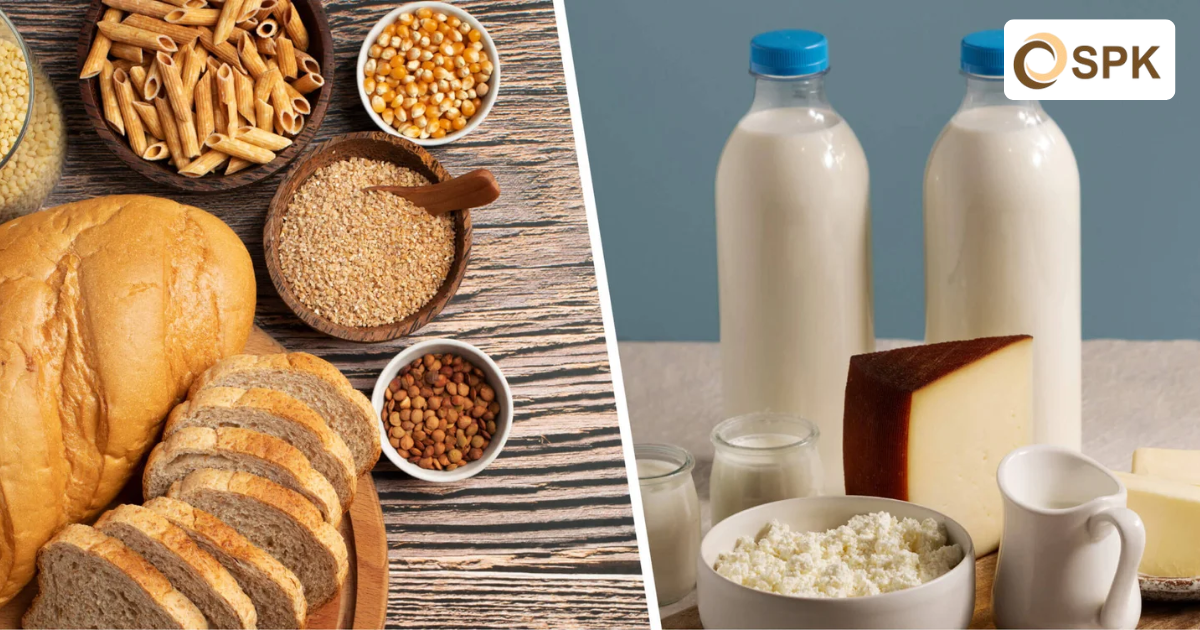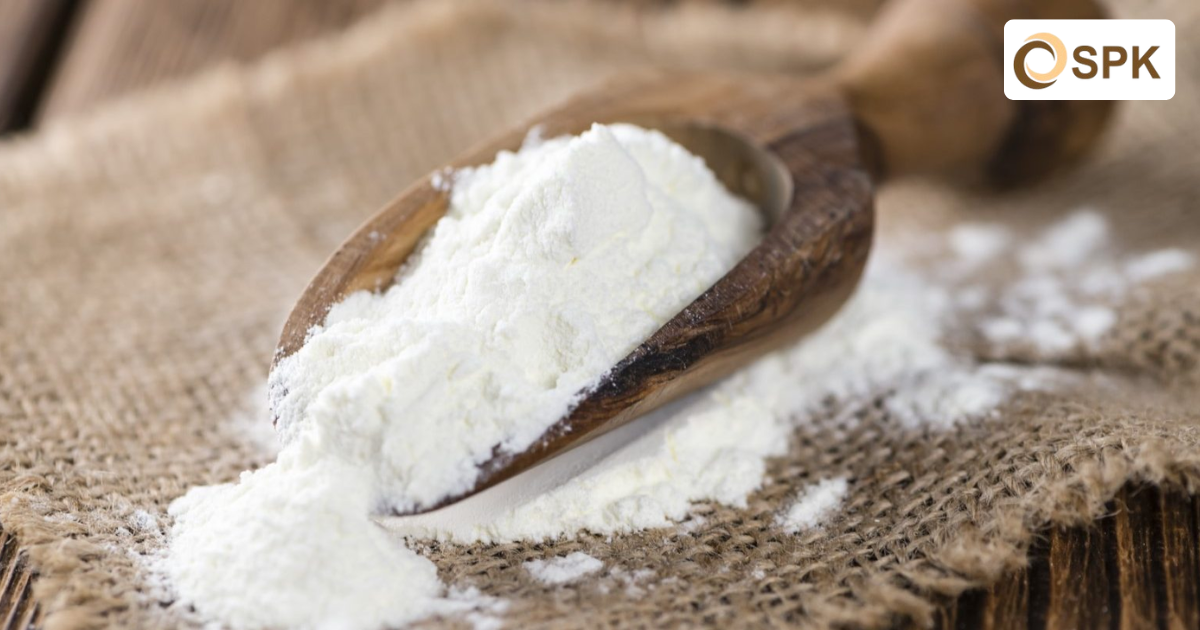If you often read food labels, you may have come across the term sodium caseinate in products like coffee creamers, milk powders, or processed foods. This ingredient is widely used in the modern food industry because of its multiple functions—both nutritionally and technologically. However, for certain people, especially those with milk allergies or following specific diets, sodium caseinate is an ingredient worth paying attention to.
This article will explain what sodium caseinate is, its functions in food, its benefits and considerations, as well as its connection to creamers and non-dairy creamers.
What is Sodium Caseinate?
Sodium caseinate is a compound derived from casein, the main protein in cow’s milk, which makes up about 80% of its total protein. Through a chemical process, casein is converted into a water-soluble form by adding sodium hydroxide, making it easier to use in a wide variety of food applications.
In powdered form, sodium caseinate appears white to pale yellow, is odorless, and dissolves easily in water. Because of its functional properties, it is widely used in foods, beverages, and even cosmetics.
How is Sodium Caseinate Made?
The production process begins with separating casein from skim milk, using two main methods:
-
Acid Casein – acid (such as lactic or acetic acid) is added to skim milk until the pH reaches 4.6, causing casein to precipitate.
-
Rennet Casein – enzymes (rennet) are used to coagulate milk proteins.
The casein precipitate is then neutralized with sodium hydroxide (NaOH), converting it into water-soluble sodium caseinate. Finally, it is dried (typically by spray drying) into a ready-to-use powder.
Functions of Sodium Caseinate in Food
Sodium caseinate plays multiple roles, making it highly valuable for the food industry:
-
Emulsifier → keeps fats evenly dispersed, preventing oil separation.
-
Stabilizer & Thickener → improves texture, viscosity, and product stability (e.g., preventing ice cream from melting too quickly).
-
Water Retention → helps bakery and meat products retain moisture for better texture and shelf life.
-
Foaming Agent → creates stable foam in whipped toppings or ice cream.
-
Nutrient Fortification → provides high-quality protein, including all nine essential amino acids.

Applications of Sodium Caseinate in the Food Industry
- Protein Supplements – used in protein powders, snack bars, and meal replacements thanks to its complete amino acid profile.
- Coffee Creamers & Dairy Products – a key ingredient in non-dairy creamers, replacing milk to give a creamy texture and stabilize mixtures.
- Processed Foods – added to sausages, soups, sauces, and dressings to prevent fat separation and improve consistency.
- Baked Goods – enhances dough elasticity, supports gluten development, and extends shelf life.
- Ice Cream & Frozen Desserts – prevents sugar crystallization, stabilizes air incorporation, and provides smooth texture.
- Specialty Foods – used in infant formulas, dietary products, margarine, and cereal bars as both a nutrient source and binding agent.
Considerations for Consuming Sodium Caseinate
While beneficial, sodium caseinate also has points to consider:
-
Dairy-Derived → not suitable for vegans and should be avoided by those with milk allergies.
-
Lactose Intolerance → contains only trace amounts of lactose but may still affect highly sensitive individuals.
-
Sodium Content → contributes to overall sodium intake, which may be unsuitable for low-salt diets.
Regulatory bodies like the FDA and EFSA classify sodium caseinate as GRAS (Generally Recognized as Safe) for food use.
Sodium Caseinate in Creamers & Non-Dairy Creamer
One of the most common applications is in creamers:
-
In dairy creamers, sodium caseinate enhances protein content and improves texture.
-
In non-dairy creamers, it replaces milk components to provide creaminess. However, despite the name, many “non-dairy” creamers still contain milk derivatives.
This is why consumers with milk allergies or strict vegan diets should carefully check product labels.
Is Sodium Caseinate Safe?
In general, sodium caseinate is safe for consumption unless you have a milk allergy. Key points:
-
Not suitable for vegan or strict dairy-free diets.
-
Halal & Kosher – many manufacturers provide certified products.
-
Gluten-Free – safe for those with gluten intolerance, as it does not contain wheat.
Choose Safe & High-Quality Creamers
For both food manufacturers and consumers, it is essential to choose creamers that are safe, high-quality, and suited to dietary needs.
Santos Premium Krimer provides solutions you can trust:
-
Free from Partially Hydrogenated Oils (PHO), ensuring no harmful trans fats.
-
Available in a variety of options: dairy creamers, non-dairy creamers, and vegan creamers.
-
Offers creamy texture, great taste, and safe use across food and beverage applications.
With Santos Premium Krimer, you can deliver the best quality in food and beverage products—without compromising health.













